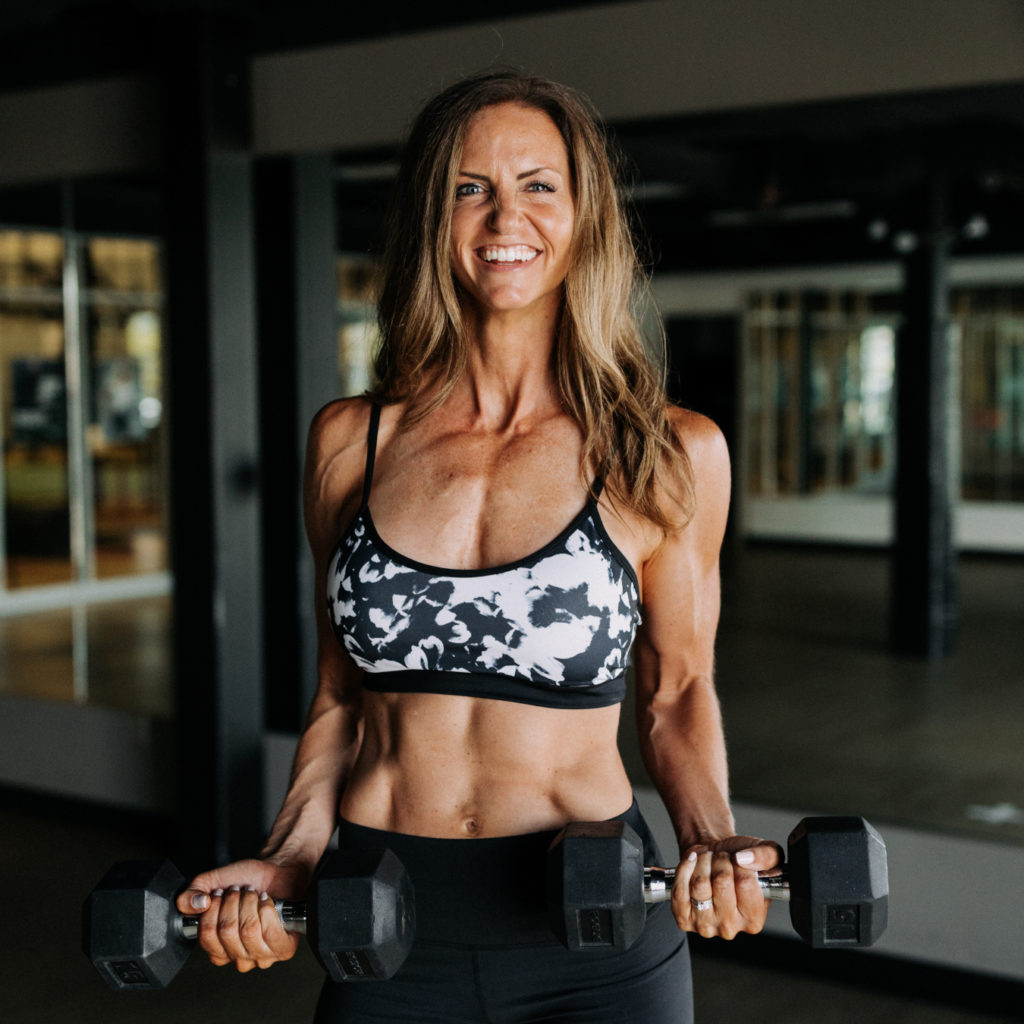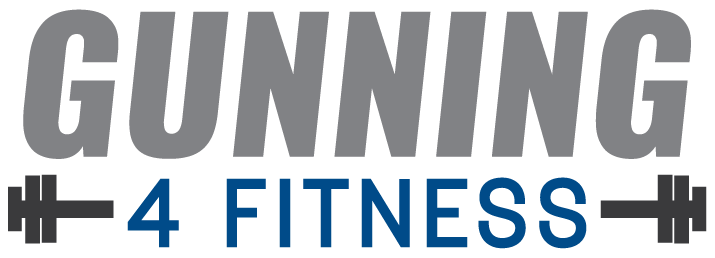CONTACT
Customer support hours are Monday – Friday, 8:00am to 5:00pm MST


Looking to stay on track with delicious, easy-to-make recipes?
This pack has 40 vegan meals that take the guesswork out of meal planning!
Here’s what’s included:
🍽 Weekly Planner & Shopping List: Make life easier with a weekly meal plan and a complete shopping list to keep you organized.
📲 MFP Barcode: Every recipe comes with a barcode that, when scanned, logs the entire recipe in MyFitnessPal for you—no more entering ingredients one-by-one!
💪 Macronutrient Breakdown: Each recipe includes detailed macros, so you’ll know exactly what you’re fueling your body with.
⏰ Quick & Simple Recipes: Our meals are quick to make, use everyday ingredients, and taste amazing, so you’ll never get bored or feel like you’re sacrificing flavor for nutrition!
Customer support hours are Monday – Friday, 8:00am to 5:00pm MST


Customer support hours are Monday – Friday, 8:00am to 5:00pm MST


Customer support hours are Monday – Friday, 8:00am to 5:00pm MST


© Gunning 4 Fitness, LLC • All rights Reserved • Website design by Design It Digital
Almost there! Please complete this form and click the button below to complete registration.

This form collects information we will use to send you updates about promotions, special offers, and news. We will not share or sell your personal information. You can unsubscribe at any time. Privacy Policy
Scientifically speaking, a calorie is a unit of energy. It is a measure of energy expenditure and stored energy. Simply put, a calorie measures the amount of energy in the food and drink that we consume. Energy balance is the relationship between energy in (food calories taken into the body through food and drink) and energy out (calories being used in the body for our daily energy requirements). This relationship determines whether weight is lost, remains the same, or gained. Energy balance is so much more that just a change in body weight though. It has to do with what’s going on in your cells. It can impact your metabolism, hormones, and your mood – so how you feel everyday. Our caloric intake comes from macros or macronutrients, which are protein, carbs and fat. Our bodies need calories (fuel) to function at an optimum level.
If you want to lose weight, you need to track your calories. Plain and simple. You might be surprised by how much you are eating. When weight loss is your goal, you will reduce your calories by 500 fewer calories than your body needs to maintain your current weight. This will help you lose about 1 lb of body fat per week. To see results, you should aim to be within 5 grams under or over your goal daily calorie/macro goal.
To be in a calorie deficit means that you are eating fewer calories than you are burning; thereby putting your body into a calorie deficit. This is ideal for losing weight, burning some fat, and leaning out.
Being on maintenance calories means you are roughly eating the same amount of calories as you are burning each day. This keeps you in a state of maintaining your current physique.
Eating in a surplus means you are eating more calories than you are burning. This is meant to build muscle. But know, also, that you will most likely gain some fat as well while eating in a surplus.
The term “macros” is short for the word “macronutrients.” Macronutrients are the essential nutrients that our bodies need to survive. There are three different macronutrients: protein, fat, and carbohydrates. You will focus on these three if you decide to become a “macro counter”. Your body needs all three of the macros to function properly. I often hear women say, “I can’t eat protein because it will make me bulky like a dude.” False. “I can’t eat fats because they will make me fat.” False. I can’t eat carbs because they are bad for you.” False. You need a minimum amount of each macro to function at an optimum level.
The general rule of thumb is to take your daily calorie goal and do a 30-35-35% macro split between your protein, carbs and fats. You have to remember that everyone’s body has different needs. I suggest starting at a certain macro number and then evaluating after 2 weeks. How are your energy levels? Are you less or more irritable? Are you bloated? Are you sleeping better? Have you seen a loss of body fat? These are questions that will help you determine if your macros are set at the right percentages. Your protein percent will never change, but you can try a higher carb or a higher fat percentage to see if your body responds better to one or the other.
Fat is essential. Remember in the 1980s when it was thought that weight loss was achieved by eating “fat free”? Fat will not make you fat! Our bodies need fat for so many important body processes. Making hormones properly, protecting our brains, and protecting our organs are a few of our body’s uses for fat. Obviously there are better sources than others when it comes to fat. Nuts, seeds, olive oil, and ghee butter reign supreme. In my experience, most women do not eat enough healthy fats. A woman needs a minimum of 40 grams of fat a day. Each gram of fat contains 9 calories.
Protein is the building block of our muscles, and helps them to repair, maintain, and to grow. If you want to see muscle growth, you must hit your daily protein goal! The more muscle you have, the more efficiently your metabolism will burn, which means you can eat more food! That’s right, you can eat MORE! You burn more calories digesting protein than you do carbs and fats. Protein also keeps you full longer, so you are less likely to overeat on snacks later. Almost every diet out there calls for protein, and there are many reasons for that. Protein also helps stabilize blood sugar (P.S. this is the secret to weight loss) and builds and repairs hair, skin, and nails. It also prevents muscle loss with age. You need 1 gram of protein per day per lb of goal body weight. Each gram of protein contains 4 calories.
Carbohydrates are also essential. Think of them as the gas in your tank. Carbs are our main energy source (unless you are in ketosis), and are our quickest source of energy. On average, a woman needs a minimum of 100 g of carbs a day. Carbs are in beans, grains, vegetables, and fruits. Carbs are broken into two categories: simple and complex. Simple carbohydrates are quickly digested and absorbed by the body which is why you feel hungry within 30 minutes of consuming them. They are broken down quickly by the body to be used as energy. You’ll find them naturally in foods such as fruits, milk, and milk products. They are also found in processed and refined sugars such as candy, table sugar, syrups, and soft drinks. Complex carbohydrates are higher in fiber and more nutrient dense which means they’ll take longer to digest and why you can feel full for up to 4 hours after consuming them. Fiber and starch are the two types of complex carbohydrates. Fiber is especially important because it promotes bowel regularity and helps to control cholesterol. Each gram of carbohydrates contains 4 calories.